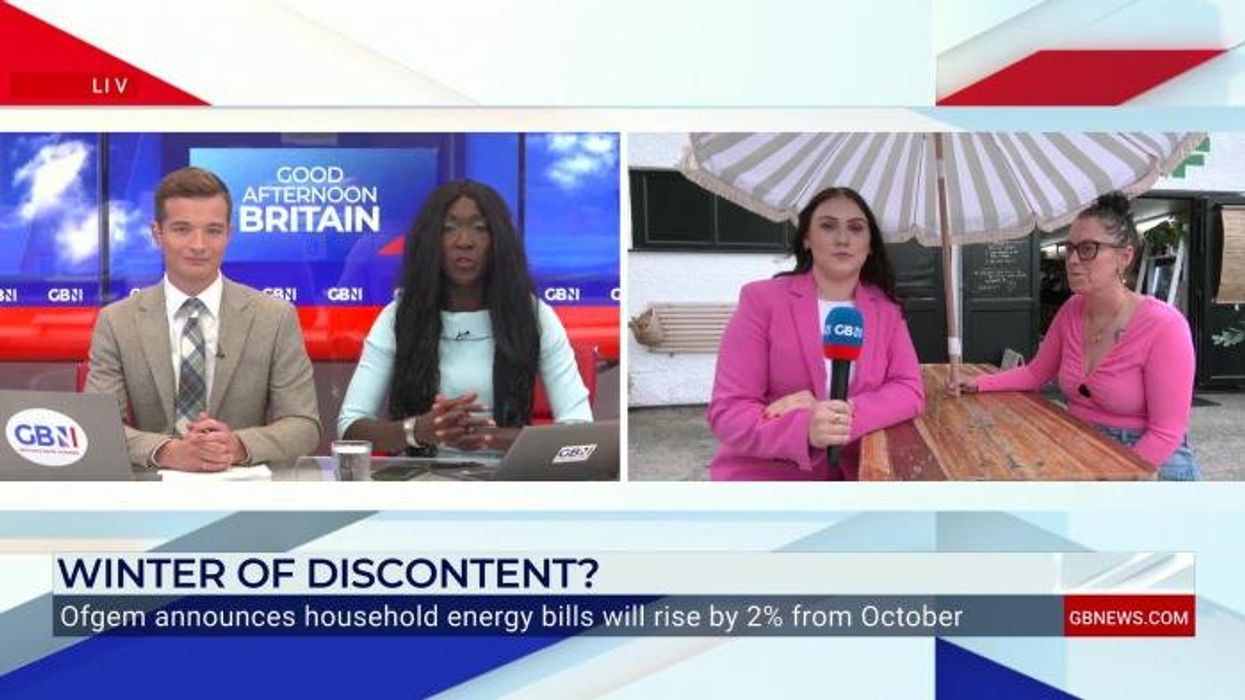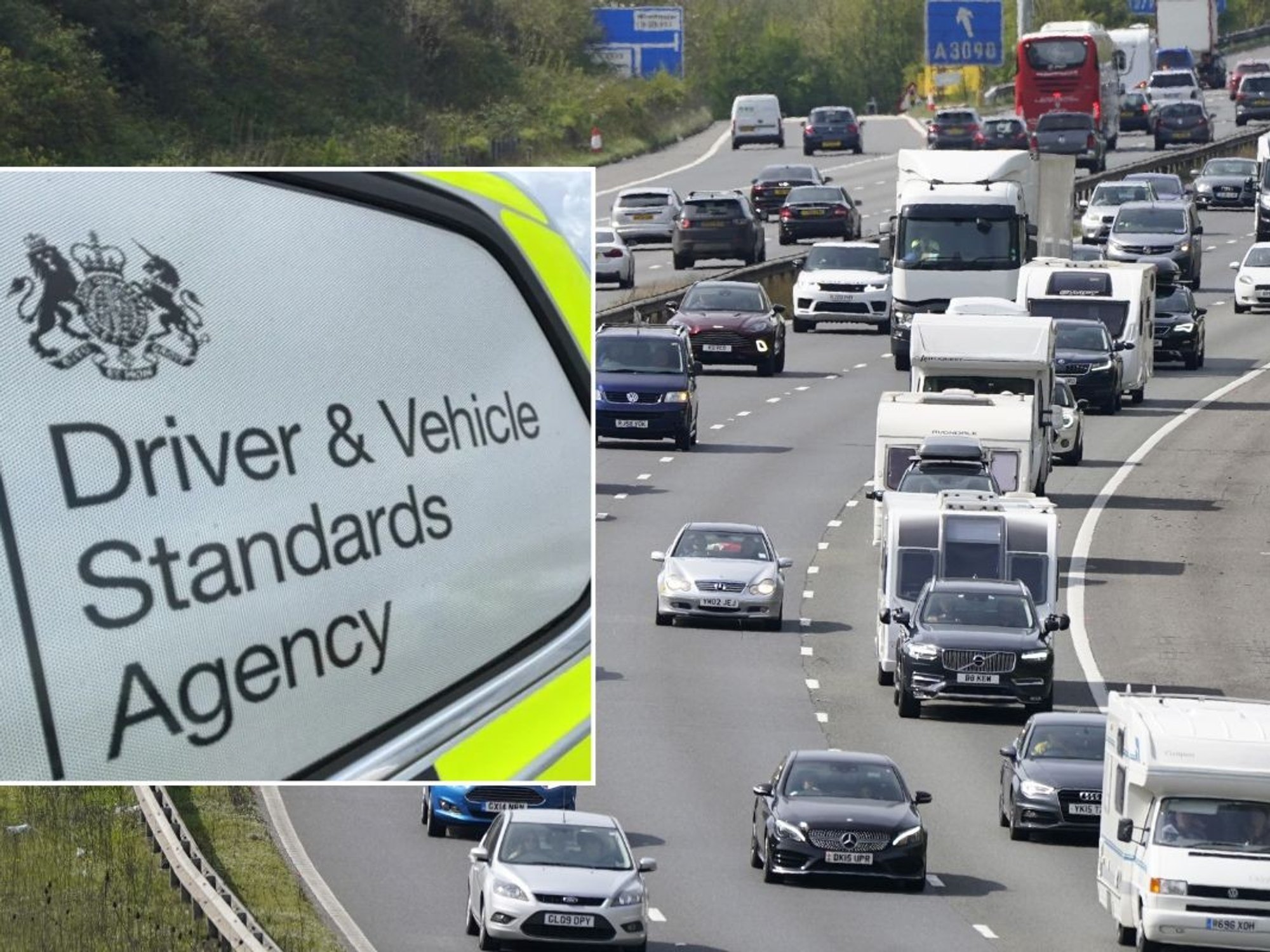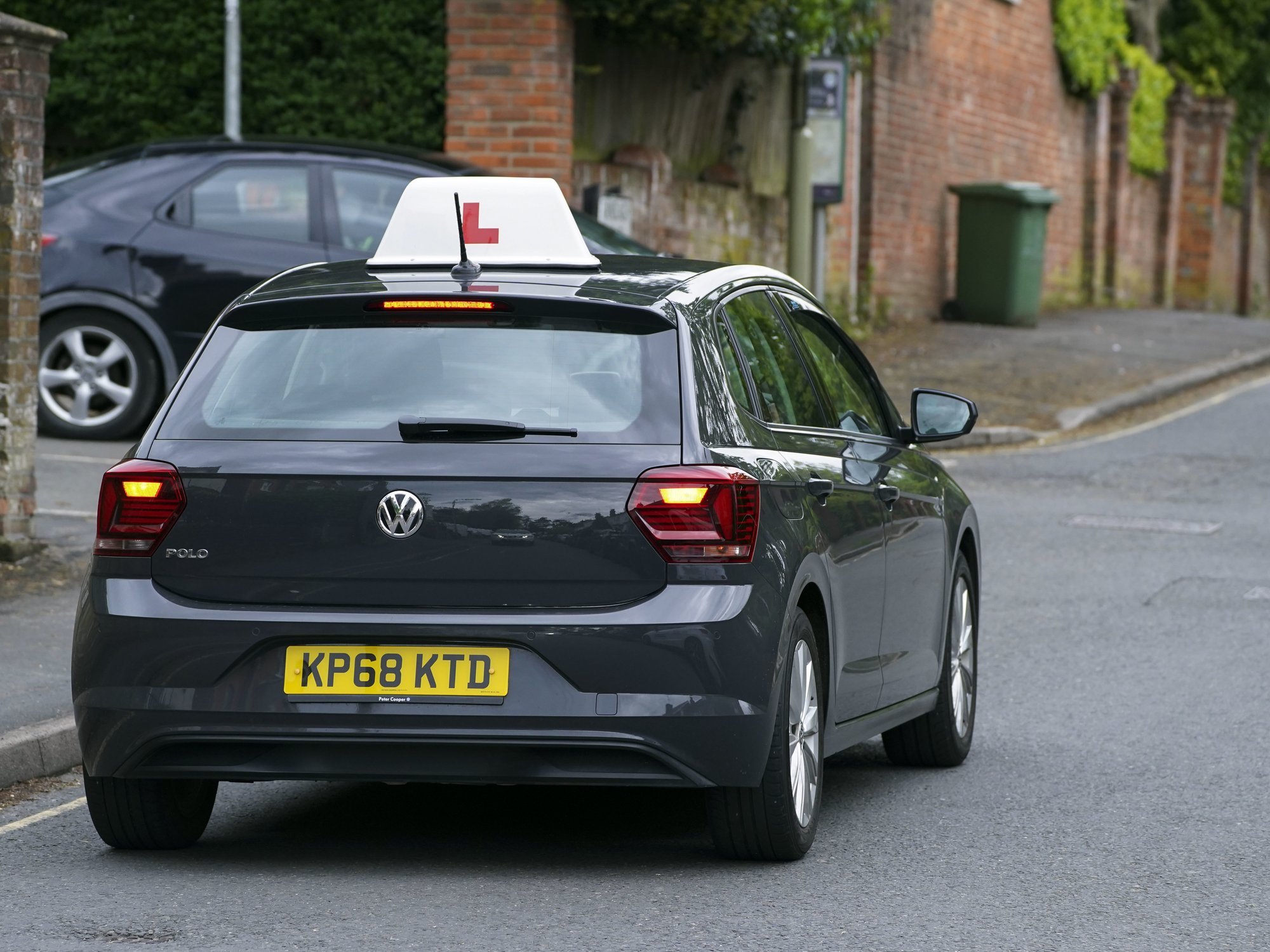Motorists to see new driving costs come in January amid Ofgem energy increase impacting millions

Ofgem price cap increase will see electric car owners pay 0.2 per cent more to charge their vehicles
Don't Miss
Most Read
Electric car owners have been warned they will see their home charging costs rise slightly from January 1, 2026, following new energy price caps.
It comes after energy regulator Ofgem announced plans to bring in a 0.2 per cent increase to the energy price cap for the first three months of next year.
The change means that fully charging a typical 71.1kWh electric car battery at home will soon increase from £18.73 to £19.69.
For drivers who travel the UK’s average of 592 miles a month, that works out to around £49.37 in monthly charging costs.
Even with this increase, experts explained that electric cars remain far cheaper to run than petrol or diesel vehicles.
Carmoola found that petrol drivers spend about £93.19 a month to cover the same distance, while diesel drivers pay around £89.48. That means running an electric car still costs roughly half as much as running a combustion-engine vehicle.
The research compared the new January to March 2026 price cap period with the previous quarter's rates.
While the new electricity cap raises home charging prices a little, electric vehicle drivers still enjoy large savings compared with owners of petrol and diesel cars.
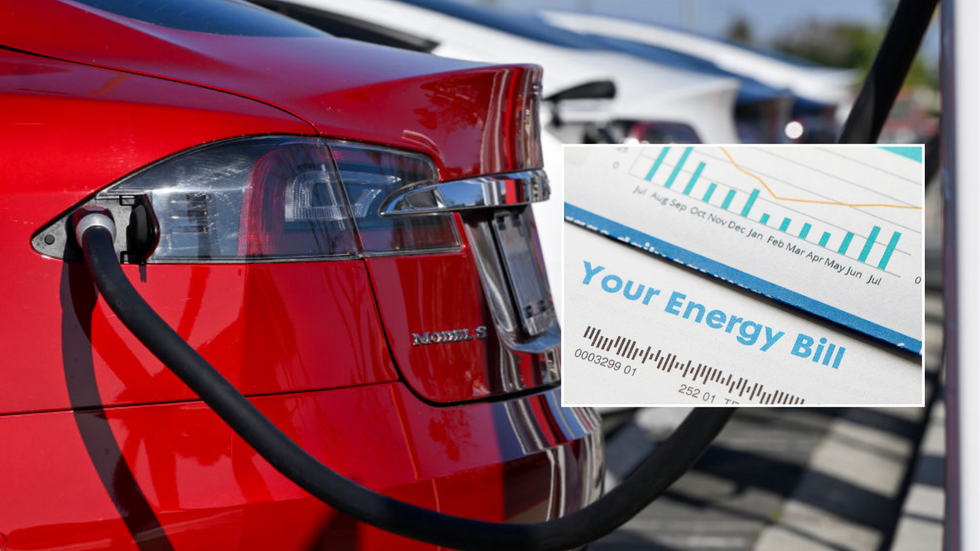
From January, electric car owners will pay 0.2 per cent more to charge their vehicles
| GETTYOn a monthly basis, EV owners save £43.82 compared with petrol drivers and £40.11 compared with diesel drivers. Over a full year, that comes to £525.84 in fuel savings over petrol and £481.32 over diesel, assuming typical mileage.
These figures reflect running costs only, not the upfront cost of buying a vehicle, but they show clearly that day-to-day expenses remain firmly in favour of electric cars.
Meanwhile, Ofgem's cap increase will also push up the average household energy bill. From January, a typical household paying by direct debit will see bills rise by 28p a month, bringing the annual total to £1,758.
Tim Jarvis, Ofgem's Director General of Markets, said that energy costs have fallen in real terms over the past two years, but many people may not feel those improvements in their monthly budgets.
LATEST DEVELOPMENTS
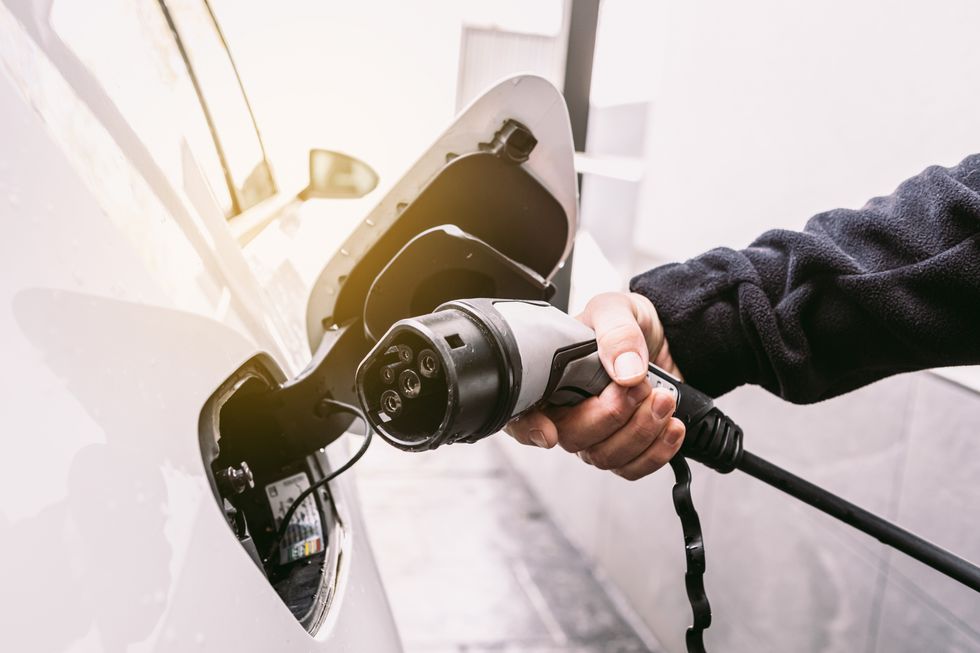
Electric cars will see bills increase to £19.69
| GETTYHe stressed that the price cap is designed to stop consumers from being overcharged but isn't intended to guarantee the lowest possible deal.
Mr Jarvis also pointed out that wholesale energy prices - which make up most of a bill - have stabilised but remain sensitive to global market conditions.
Aidan Rushby, Carmoola's founder and chief executive, said the new cap shouldn't worry current or prospective EV owners.
"Every time Ofgem updates the price cap, there's a concern that rising electricity prices will make EV ownership more complicated," he said.
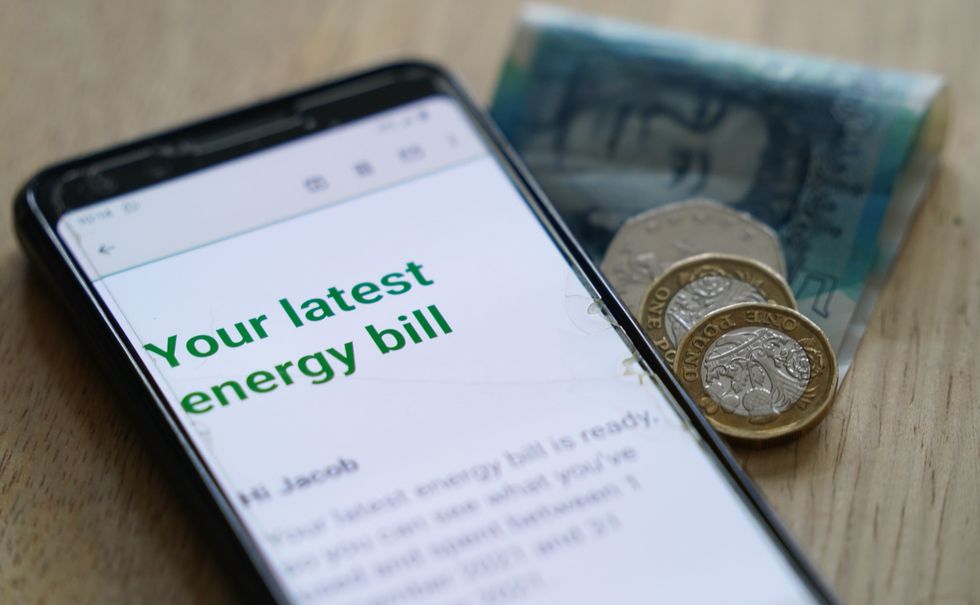
Drivers will see energy bills increase between January and March next year
| PAMr Rushby said that the fundamental cost advantage of electric cars remains unchanged. With charging still dramatically cheaper than buying petrol or diesel, EV owners continue to benefit from steadier and more predictable monthly outgoings.
At a time when many households are juggling rising living costs, he argued that saving hundreds of pounds a year on fuel offers a welcome buffer.
For anyone thinking about buying an electric car—and able to manage the upfront purchase price—the ongoing running-cost savings remain compelling.
Mr Rushby said the slight rise in electricity prices does not change the overall picture: "What matters most to drivers is predictable month-to-month costs—and on that front, nothing has changed."


